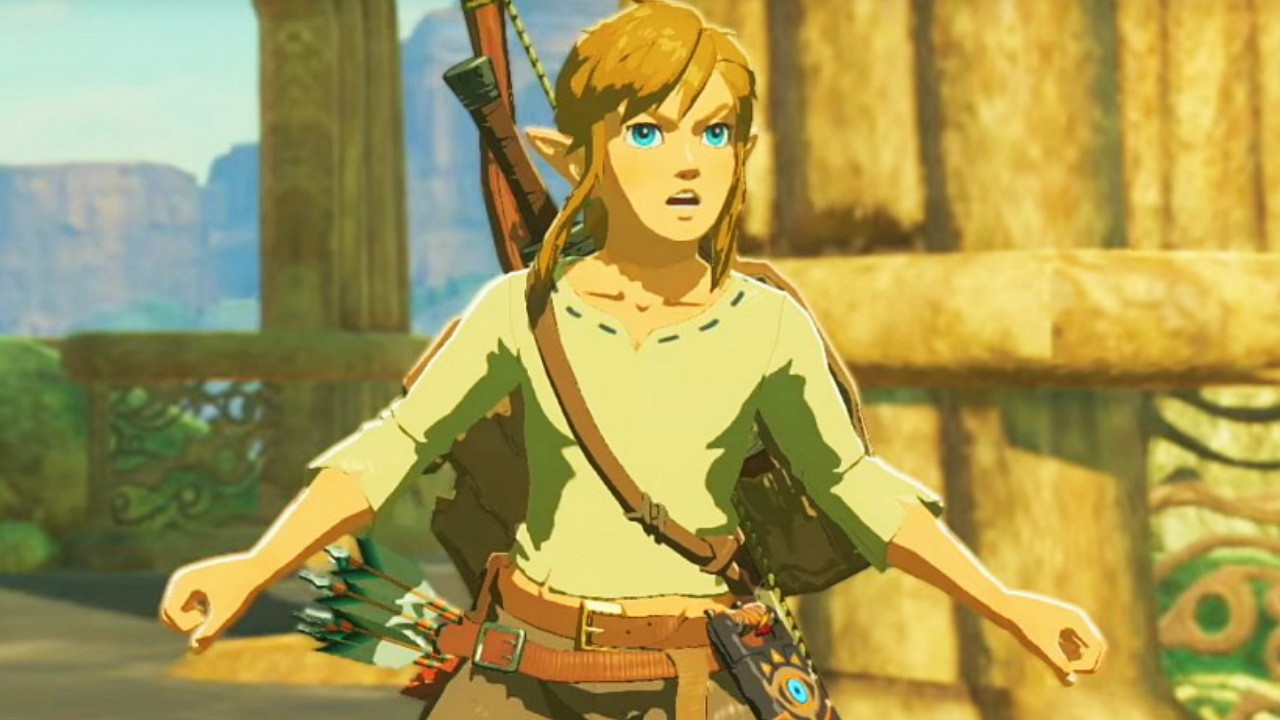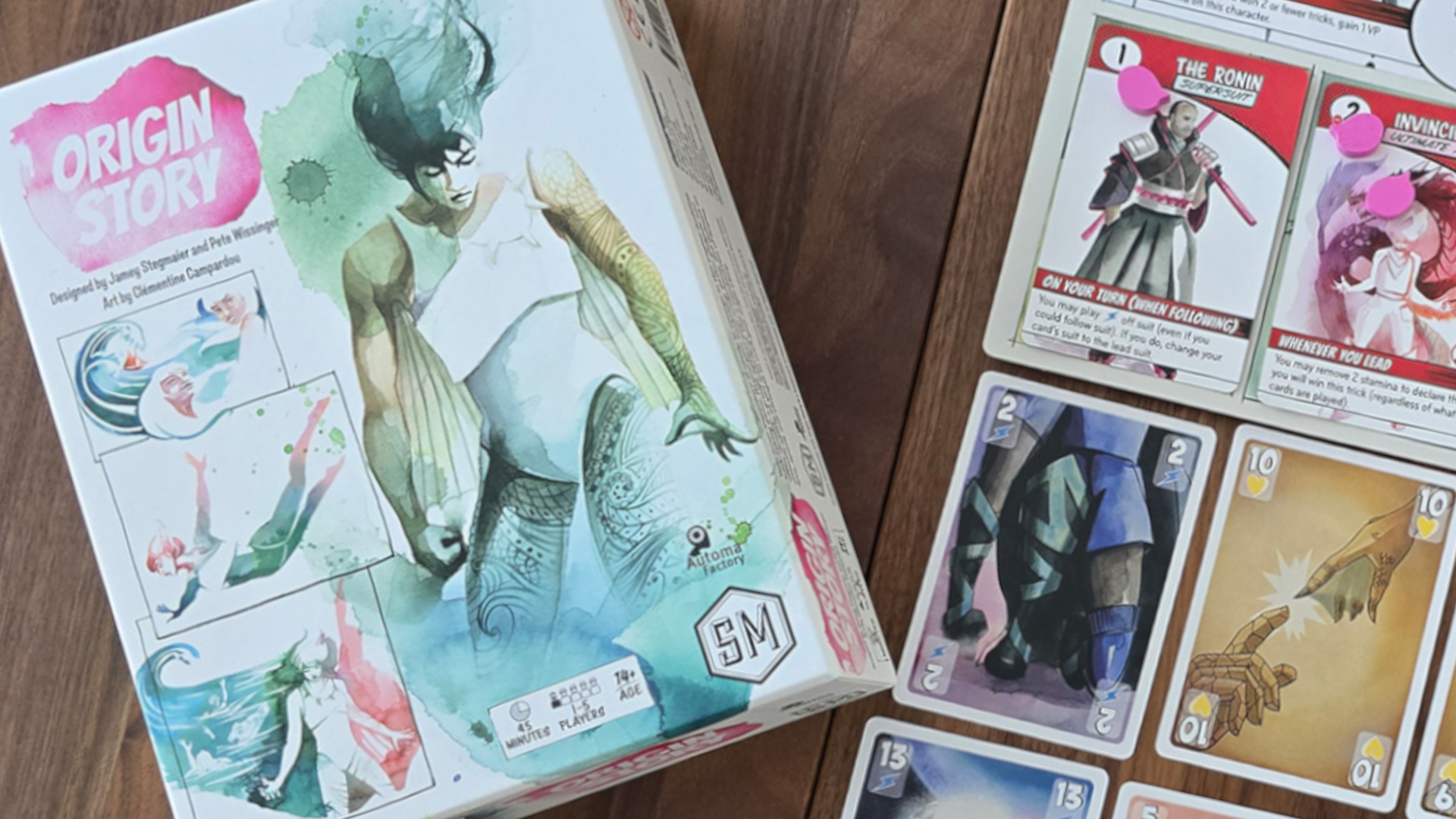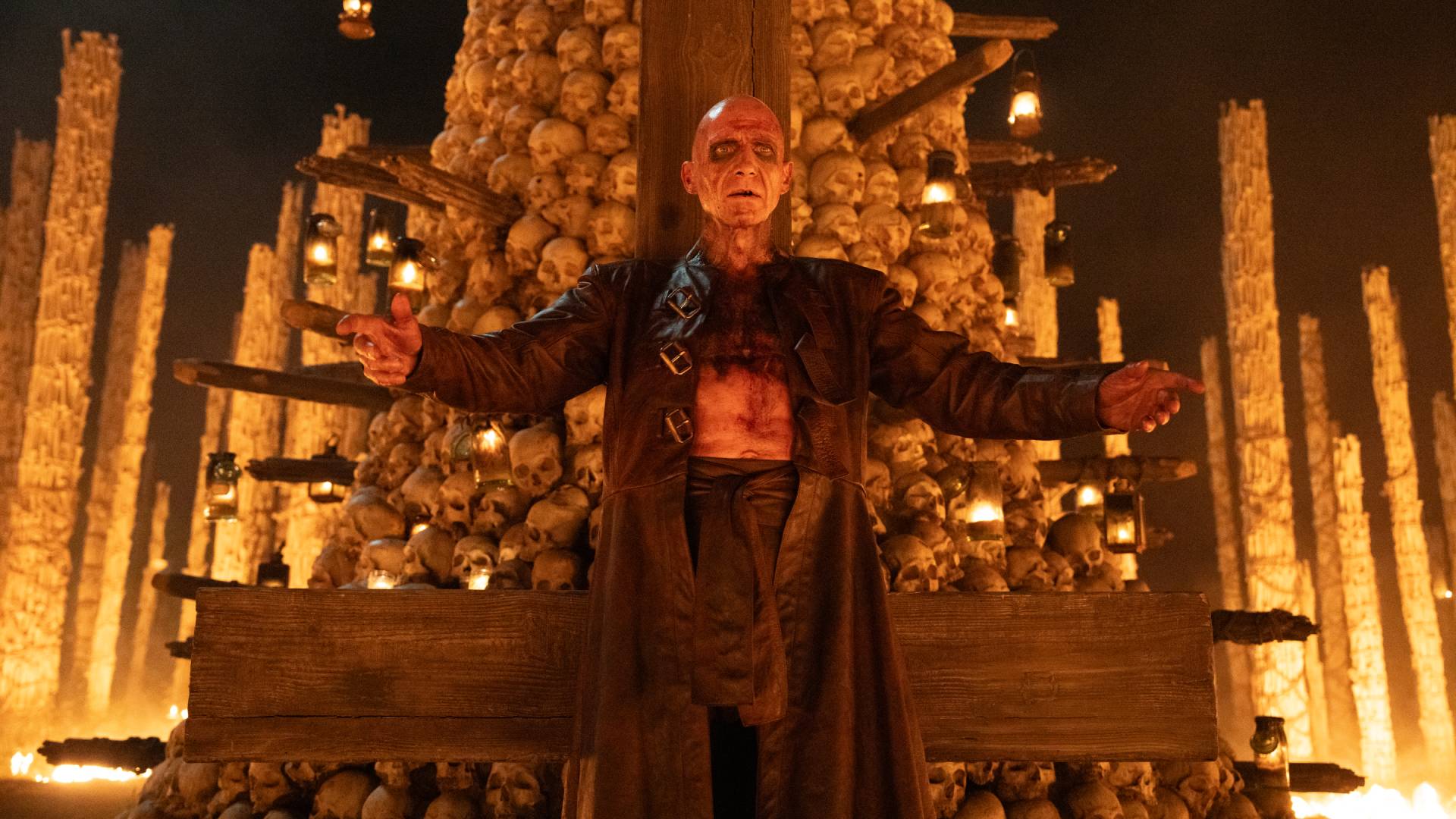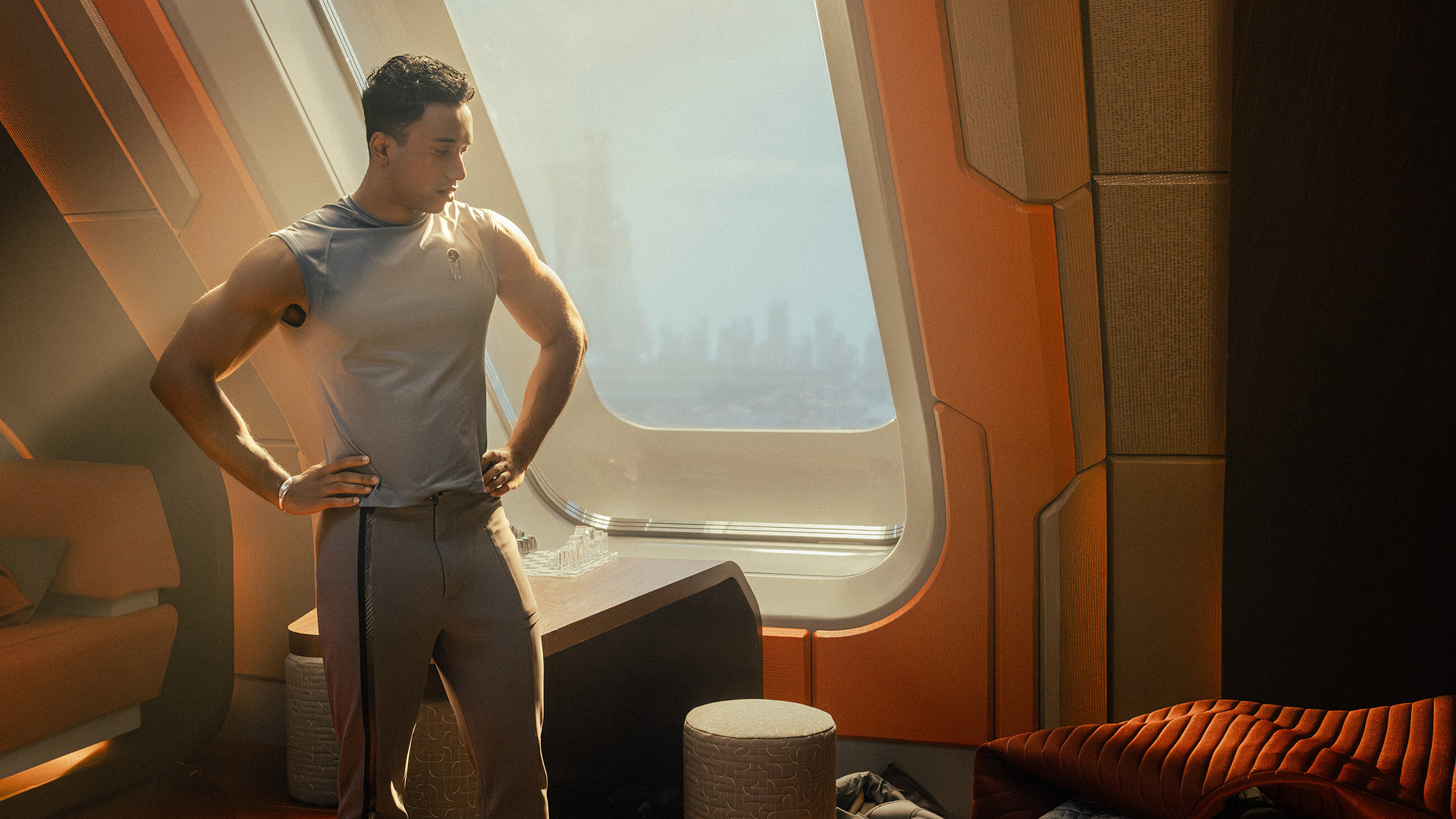It's been 32 years since The Legend of Zelda: Link's Awakening launched, but the Switch remake makes it feel like yesterday
Opinion | Link's Awakening is one of the most formative, nostalgic, and important Zelda games ever
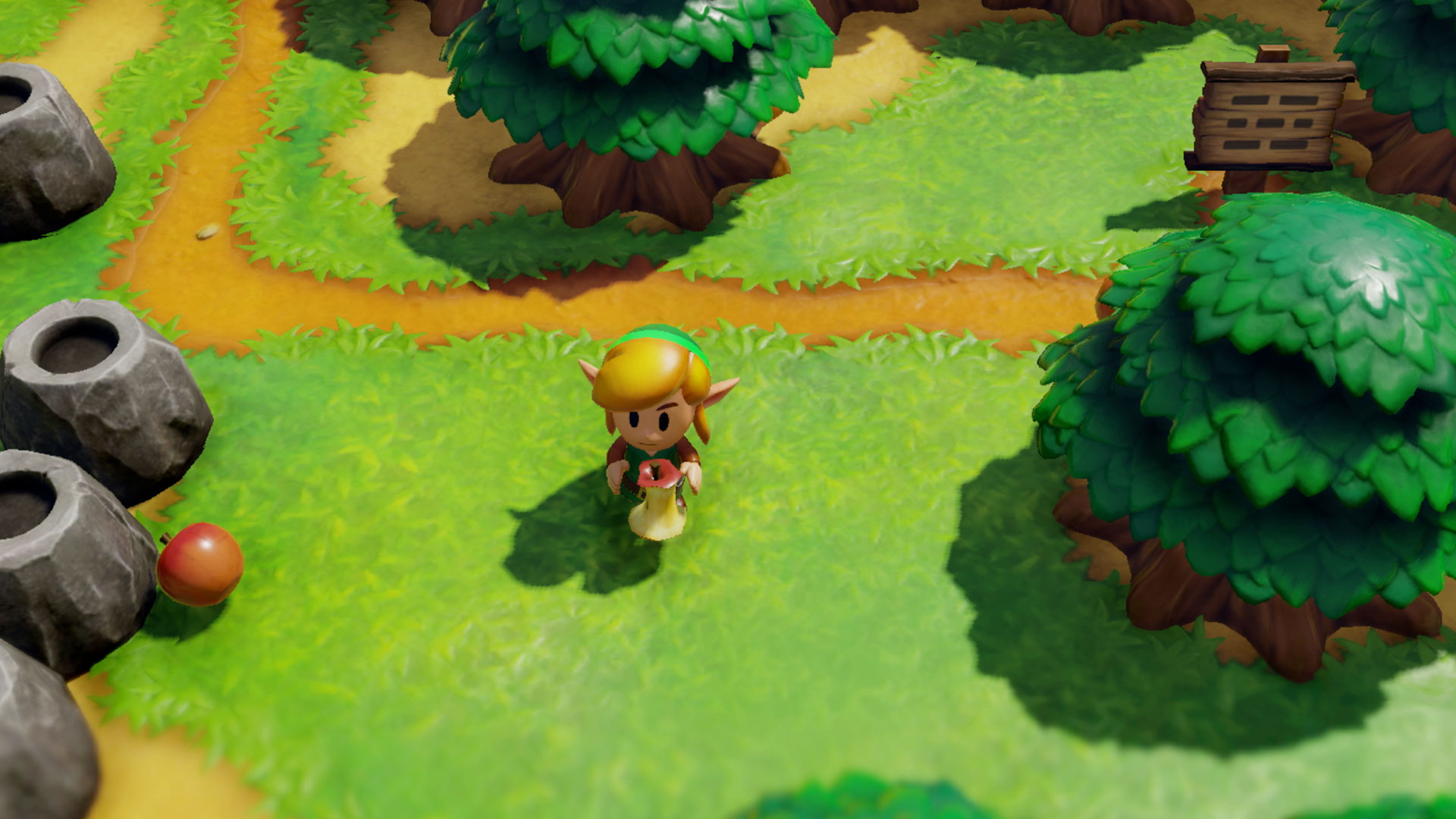
Some games just take you back, and for me, that game is The Legend of Zelda: Link's Awakening. I can picture it now: the fine mist had left a skimmer of dew on the nearby playground equipment, melancholy and alone as it waited for the day's first children. The wheels of our bikes still spun slowly, the energy of peddling to our little get-together still caught in the gears.
Cold nipped at our nose and our toes, and worried our fingers as we frantically swung our swords with rapid button presses. My best friend and I were already on the schoolyard by 6:30am, far earlier than any right-minded 11 year old would agree to be up and out by. We didn't mind. With our Game Boys in hand, why would we?
The Legend of Zelda: Link's Awakening earned its stripes not for its ambition, but because it understood that smaller can be better. It's widely regarded as one of the best Game Boy games ever, and thanks to a keen understanding of its strengths, the remake proves it one of the best Nintendo Switch games of all time some 32 years later. You don't need to mess with perfection, and it turns out that all Nintendo's first handheld Zelda game needed to delight a new generation of schoolyard kids was a bit of polish, a bit of love, and a ton of respect.
We're on island time
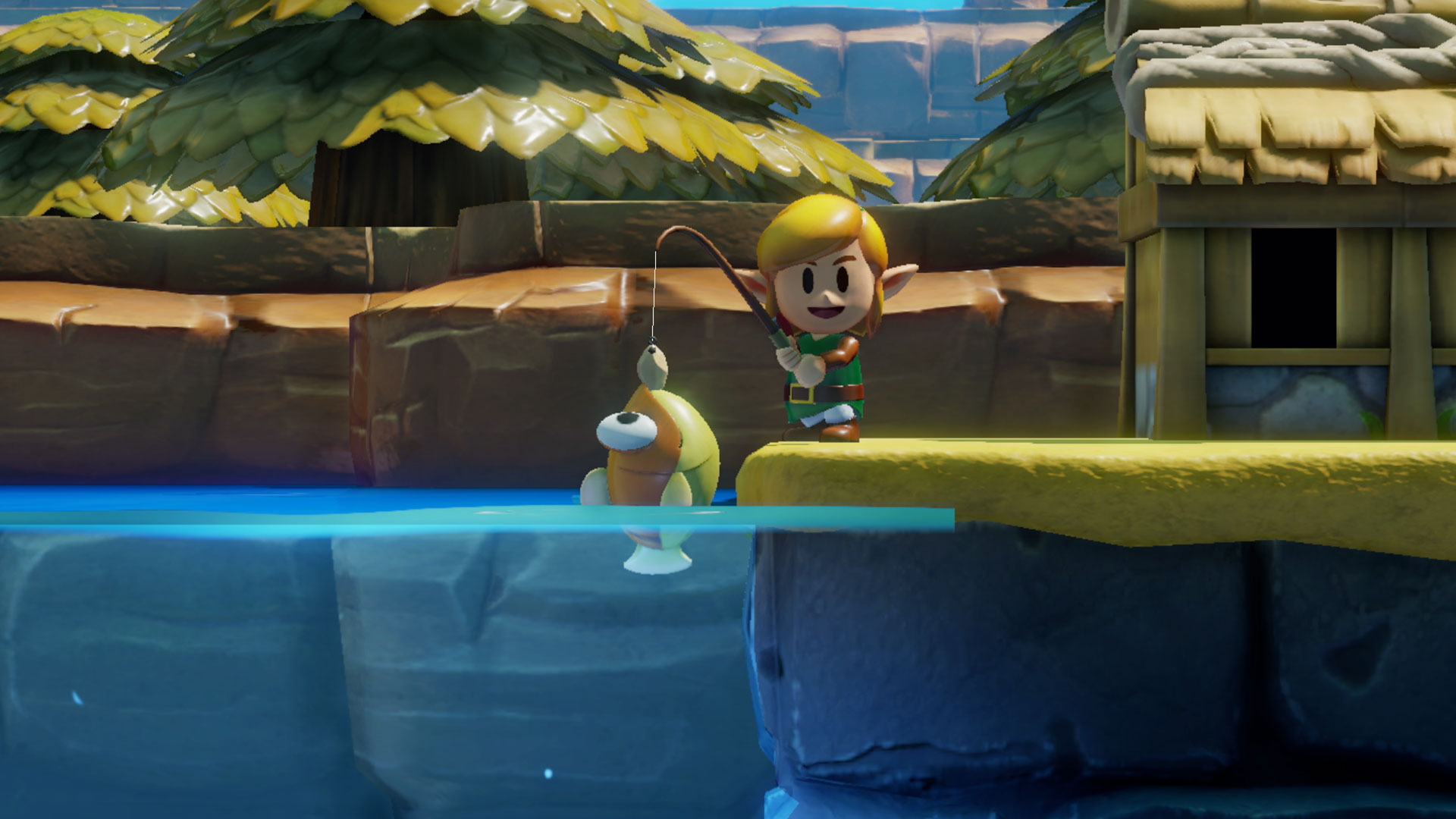
Recalling these playground memories, one game stands out in particular. Gripped in our sweaty little hands, our Game Boys were, of course, loaded up with our own copy of The Legend of Zelda: Link's Awakening.
Each day we'd bike furiously to school hours early to sit side-by-side exploring Koholint, absorbed in these miniscule adventures that nevertheless felt enormous and fateful, and most importantly, our own.
As the first ever Zelda game made for a handheld device, the personal aspect of Link's Awakening was very important to me. After all, much of the appeal of the Game Boy was that it was mine and mine alone. It was not a shared TV in our living room, or the PC monitor in my dad's office where I'd play Wolfenstein 3D and Reader Rabbit. The Game Boy, in all its monochromatic glory, was a personal portal to adventure, unlike anything I'd experienced.
For years afterwards, me and my friends, and many others outside my main group of friends, including older cool kids, would bond as we played through the same game, trading tips and experiences, racing through RPGs, and, when the mood would take us, hauling our TVs to each other's houses so we could return back to those cold mornings on the schoolyard.
Many years later, I would gift that same friend a map of Koholint Island as a thank you for being the best man at my wedding – those early days cemented in our most momentous milestones.
Link's Awakening is about traveling to another world, an uncanny manifestation of imagination, and all of that is encompassed in the experience of exploring the island, discovering the secret of the Wind Fish, and realizing that your experiences there were no less real or valid or consequential as Link's.
To that end, Link's Awakening was and remains a singular experience within Zelda canon, a title that challenges its player to consider the ephemerality of game worlds.
Weekly digests, tales from the communities you love, and more
Beyond worlds
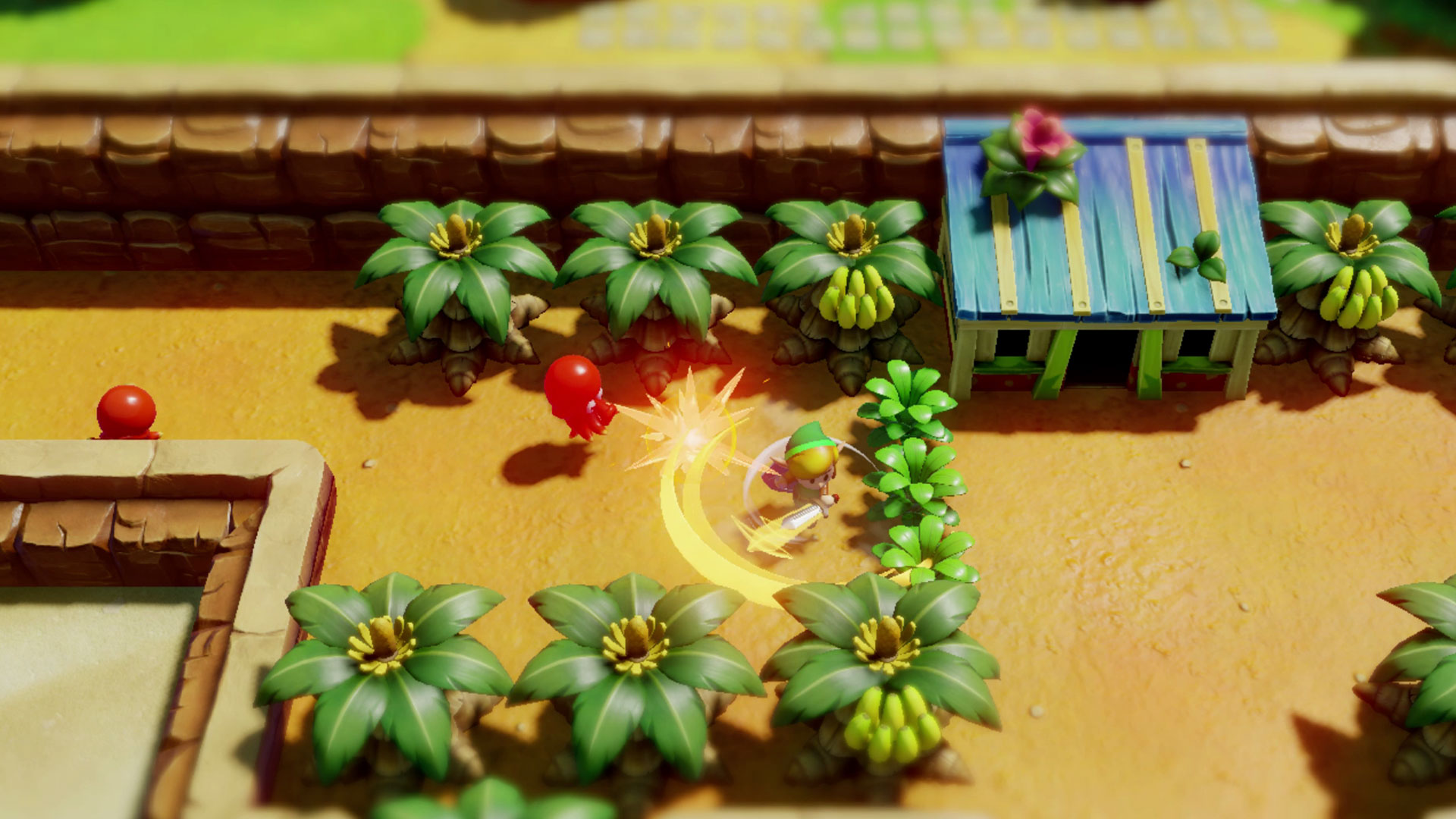
Link's Awakening works because it doesn't seem serious on the surface...
The spectre of maturity has haunted the Zelda franchise ever since that fated GameCube demo whet appetites only for Nintendo to deliver (the objectively fantastic) Wind Waker and its cartoony graphics. It's a game openly inspired by Twin Peaks, and one of the few Zelda titles that genuinely gets metatextual (shoutout to Majora's Mask).
That one of its most conceptually challenging and interesting titles is a low resolution Game Boy game with an alligator who loves dog food, a chain chomp with a bow, and a mermaid who's lost her bathing suit top is testament to how themes can be conveyed through often conflicting visual design and tone.
Link's Awakening works because it doesn't seem serious on the surface, so its melancholy explorations of ephemerality hit harder when they become apparent. When Nintendo announced a Switch remake of Link's Awakening, it walked a thin line between introducing a new generation of schoolyard kids to Marin, Tarin, Ulrira, and the rest of the motley residents of Koholint Island.
The remake recaptured the lightning in a bottle that originally transported those millennial children – now the parents of those very kids newly discovering Zelda on Switch – to Link's side as he sought to wake the Wind Fish in the mid-'90s.
Remake reckoning
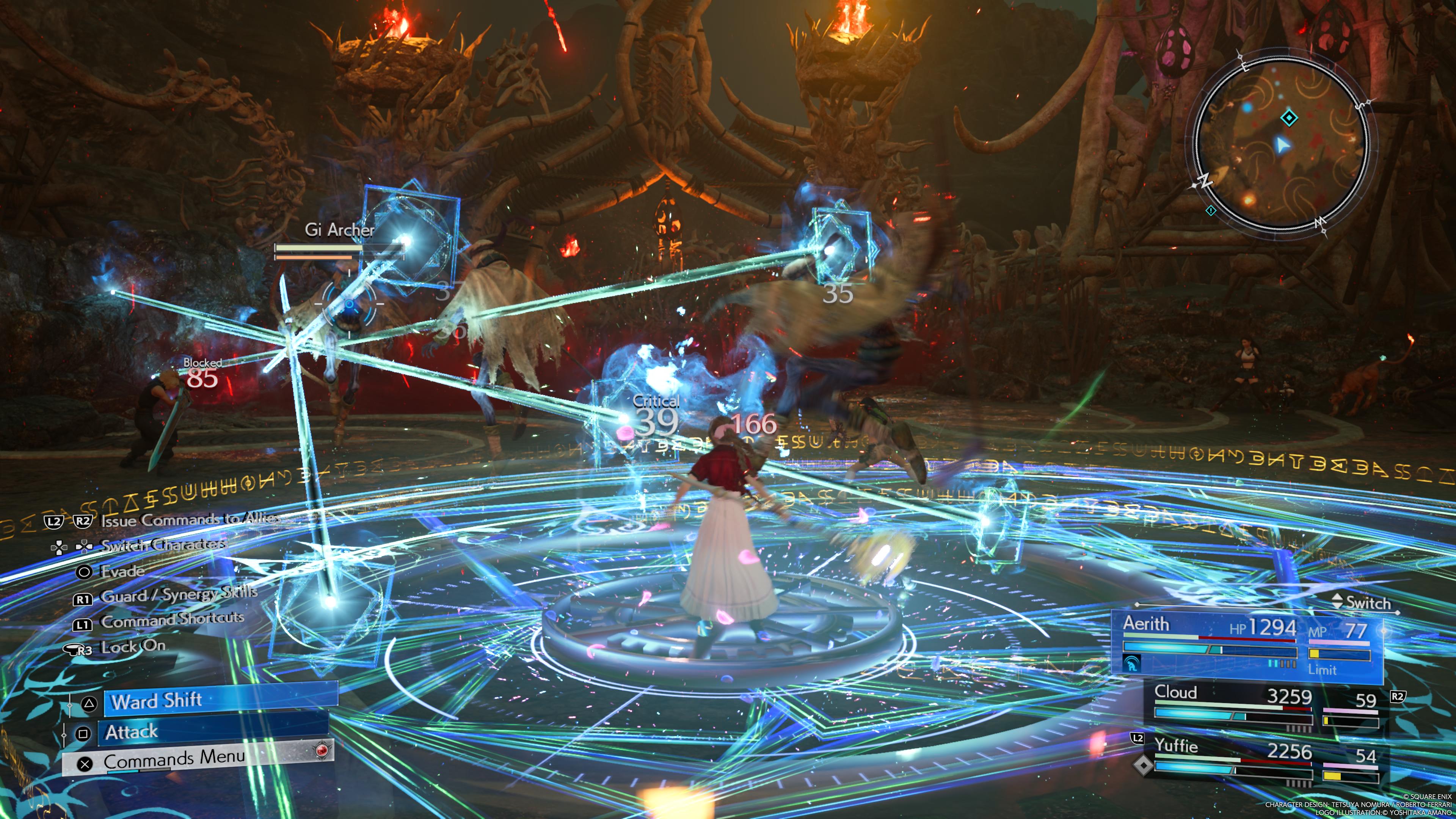
Link's Awakening also provided Nintendo with a solid, tested foundation for innovation.
Link's Awakening isn't alone. We've seen a glut of remakes of classic titles over the past several years, with some of the most prominent, like 2024's Final Fantasy 7 Rebirth, choosing wholesale modernizations that challenge the very concept of remake. Others, like 2020's Trials of Mana, retain the classic structure and systems but move into full 3D.
These titles illustrate why terms like "remake" and "remaster" are difficult to define in brief. With Link's Awakening, however, Nintendo chose slavish recreation over moderinization.
Most of the changes focused on quality-of-life improvements (like making the sword, shield, bracelet, and boots permanent equipment, instead of taking up one of your two precious button slots) and capturing the feeling of the original by adopting a toyish art style – replete with a plasticine world and a tilt shift lens effect to create the feeling of exploring a tiny diorama – that captures the memory of the original Game Boy pixel art graphics, rather than trying to recreate them. To that end, Link's Awakening is one of the tightest and most satisfying Zelda titles in the series.
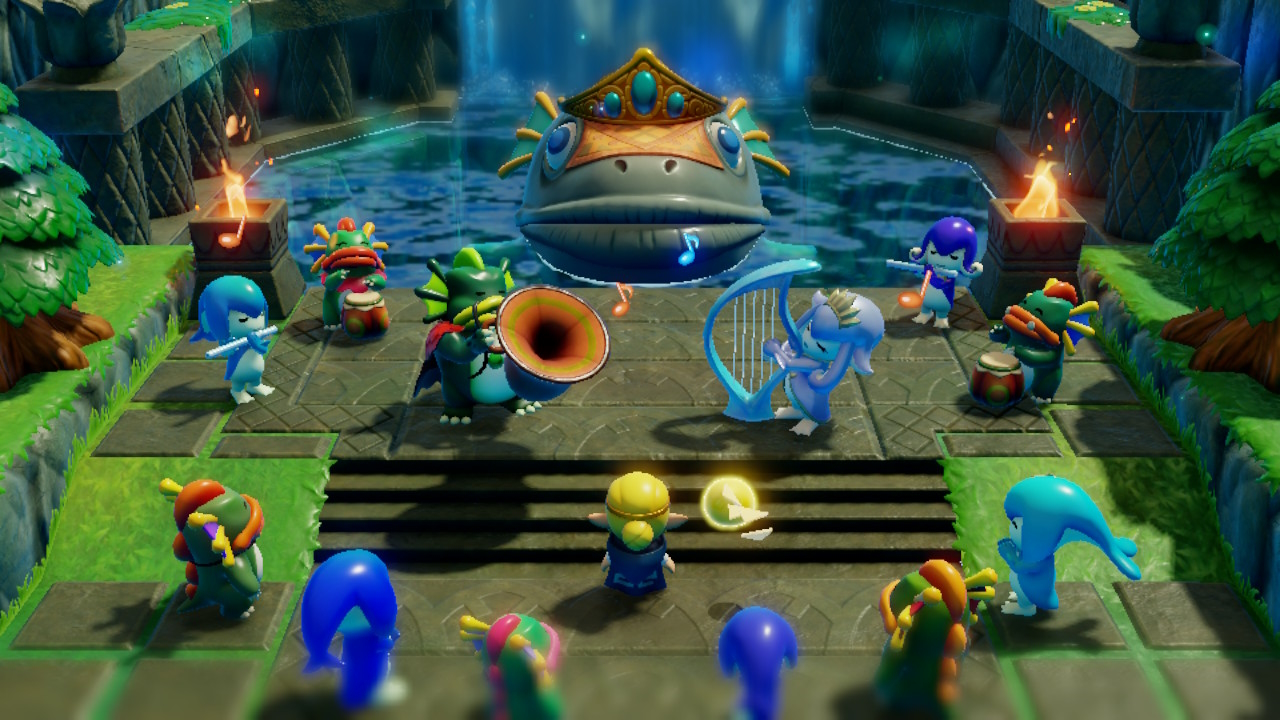
The remake recaptured the lightning in a bottle that originally transported those millennial children to Link's side.
The Nintendo Switch remake of Link's Awakening retains all this magic because it understood that the original game was a perfect little puzzle box, strengthened – not hindered – by the limitations of the Game Boy.
Leaning into traditionalism with Link's Awakening also provided Nintendo with a solid, tested foundation for innovation. As mentioned in GamesRadar +'s The Legend of Zelda: Echoes of Wisdom review, the first ever Zelda-starring Zelda game pushed the boundaries of what we expect from the series' 2D offerings by adopting the free-forming traversal and non-linearity of its modern siblings, melding modern and classic Zelda into something new – and it likely wouldn't have existed without Link's Awakening.
The original Link's Awakening was like carrying a different world around in my pocket, and sitting side-by-side with my bestie, absorbed in his own adventure, was a joint experience that's stuck with me ever since. It showed me how video games can bring people together, even when they're single player titles - and thanks to the Link's Awakening remake, that experience has become a living legacy.
Check out all the upcoming Switch 2 games coming to the new Nintendo console soon

Aidan Moher is a) the Hugo Award-winning author of "Fight, Magic, Items: The History of Final Fantasy, Dragon Quest, and the Rise of Japanese RPGs in the West," and b) obsessed with Chrono Trigger. His writing has appeared in WIRED, IGN, Washington Post, Vulture, and many other places.
You must confirm your public display name before commenting
Please logout and then login again, you will then be prompted to enter your display name.
